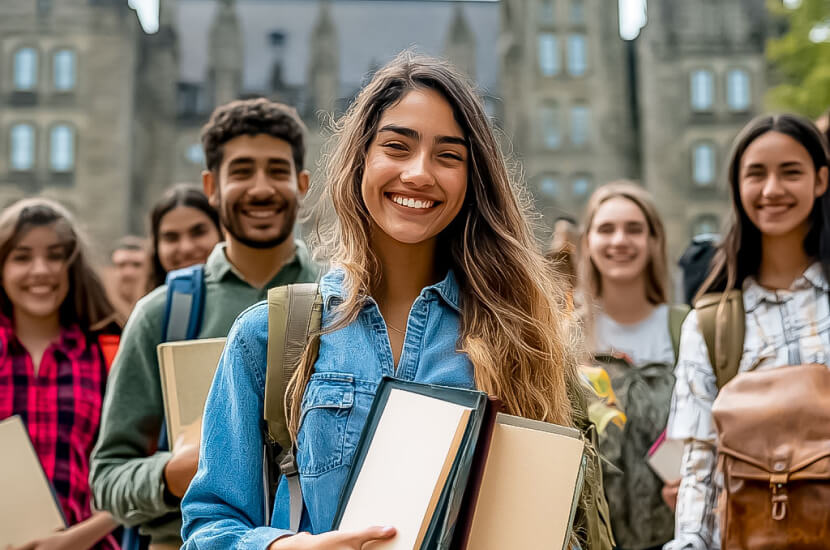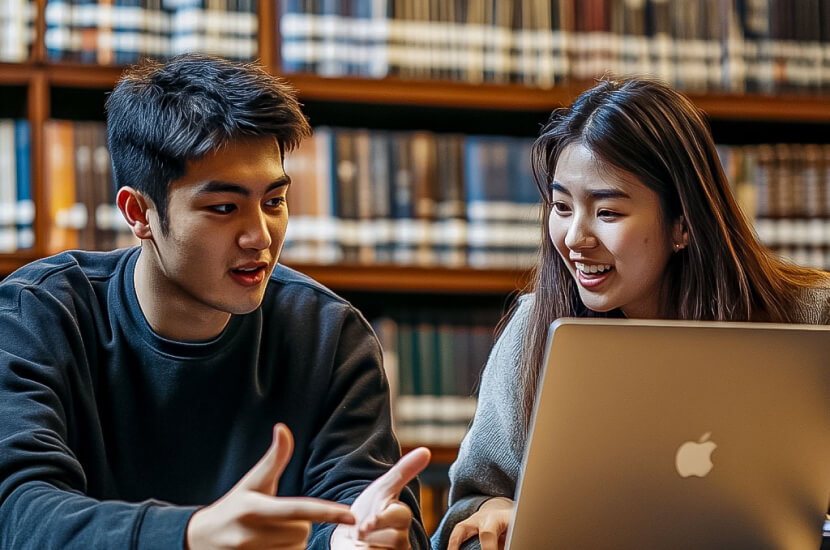Step-by-step guide to applying for an F-1 visa
The order in which you complete the steps below might be different in your home country. Contact your local U.S. Embassy or Consulate to learn more about F-1 student visa applications.
Step 1: Secure acceptance from a U.S. university
The first step in applying for an F-1 student visa is to secure acceptance from a Student and Exchange Visitor Information System (SEVIS) certified school in the U.S.
Step 2: Obtain Form I-20
Upon acceptance, the school will provide you with a Form I-20, which you will need to apply for the F-1 visa.
Step 3: Pay the SEVIS fee
Once you have your Form I-20, you must pay the Student and Exchange Visitor Information System (SEVIS) I-901 fee. This fee is mandatory for all F-1 visa applicants.
Step 4: Complete the DS-160 form
Next, fill out the DS-160, Online Nonimmigrant Visa Application form. This form requires detailed information about your background, education and travel plans. Ensure you print the confirmation page with the barcode for your records.
Step 5: Schedule a visa interview (if required)
Schedule your visa interview at your local U.S. embassy or consulate. Since visa wait times can vary, it’s advisable to schedule your interview as soon as possible.


